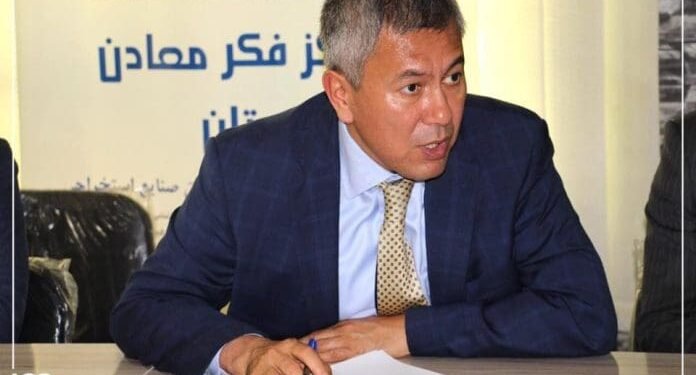Dr Kwame Sarpong Asiedu, a Ghana Centre for Democratic Development fellow, has expressed concern about what he deems the low vaccination levels in the country.
According to him, the increasing number of positive cases being recorded in the country poses a threat. Expressing fear about the surge in the new Omicron variant, Mr Asiedu noted that there has been shortfalls with regards to the attitudinal behaviour of individuals and their compliance to COVID protocols. He explained that the country is dealing with a different variant and a lot of data that his outfit has is from societies where vaccination levels are high as against those recorded in the country.
“I am worried. If you look at our numbers, yes we should have cause for concern. So far with this pandemic, the most difficult part for us was with the second wave, around this time last year, 1st January and second week of February where our mortalities were higher and our hospitals were full… Our vaccination levels are low, compounding that burden is our inability to comply with the protocols. Then, there is a collective failure of all of us for lack of enforcement… As a collective society, we are conspiring to go on a car crash with this omicron variant and when the car crashes, it will only have one or two results; we might all survive the car crash or we might have mortality…”
Kwame Sarpong Asiedu
Signs and symptoms of omicron variant
Commenting on what can be done by government moving forward to foil the surge in cases come January, Mr Asiedu indicated that even though there is the tendency for infected person to spread the virus, measures must be put in place to avert such transmission. He advised that the “new” signs and symptoms of the omicron variant be publicised to comprehensively educate the public.
“There are a number of things we can do and for me, as for the numbers, we cannot do anything about it. What we can do is to stop the ripple effect, the exponential growth by [saying] we are going to comply with the protocols… The second thing we could do is in the workplace where last January the spread was [high]. If I was an employer I would at least try and effect some form of antigen testing to test my team…”
Kwame Sarpong Asiedu
On his part, Bono East Director of Health, Dr Fred Adomako Boateng, revealed that the numbers being recorded are a product of some factors which include the behaviour of people which leaves a lot to be desired.
Touching on the signs and symptoms of the omicron varian,t he revealed that his outfit has had discussions with the national case management team of the Ghana Health Service and they were typically looking at the signs and symptoms of Omicron as compared to the others. He explained that they arrived on a “classical sign and symptom” and which just presented itself like “malaria together with the other stuff of cold and that makes it very difficult”.
“So, that’s the challenge with some of these diseases. The presentation, the signs [and] symptoms is typically the same…”
Dr Fred Adomako Boateng





















